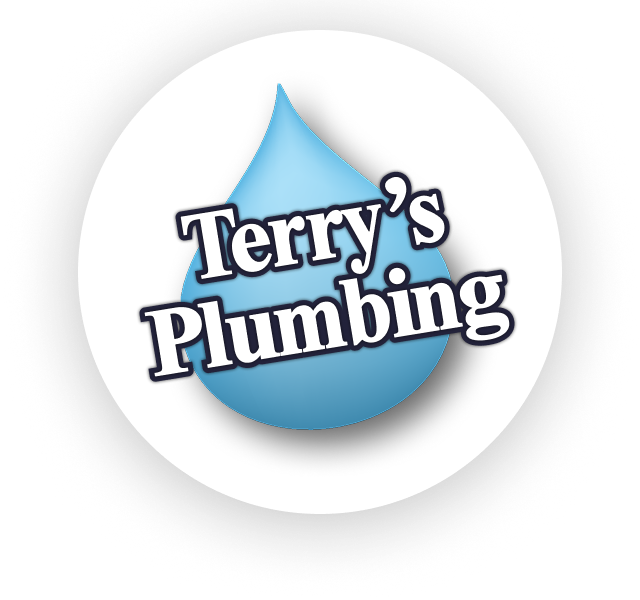Pro TIps
Well Water Pros, Cons and More
The typical residential well is an amazing resource and can produce excellent quality water with minimal servicing. Most wells can operate for many years without maintenance. However, homeowners sometimes don’t realize that their water well requires service and routine maintenance until it is too late. The effect that well water can have on our pipes is something that is greatly overlooked. In this blog we cover how a well works, pros and cons, and common issues you may run into. For more information keep on reading!
How A Typical Well Pump System Works
When a home is supplied by well water, it means that they get their drinking, bathing, and cleaning water from the private well on their property. Wells are built by drilling into the ground and accessing an underground aquifer.
The system’s goal is to maintain a constant supply of pressurized water in the house and piping system. To maintain the water pressure, the well pump is switched on and off with a pressure switch. A typical residential water well usually has a submersible pump that pumps water directly to the house, while other wells have jet pumps. Jet pumps are located on the surface or top of the well. Regardless of pump type, the pump is almost always turned on when the pressure switch senses the pressure is at a low point and off at a pre-set high-pressure point.
However, some systems are becoming more complicated–this means there is no simple on and off pressure switch. Instead, these systems have a pressure sensor that works with a controller to allow the pump to pump more or less in a gradual method called a “constant pressure” system. These systems are becoming increasingly popular, but the simple off and on a pump system, which uses a simple pressure switch still remains the most common.
Well Water Pros and Cons
Pros
- No water bill – If your water is coming from your own private well, then you won’t be getting a monthly water bill. Also, if you are using a septic system, you won’t be getting a monthly sewer use bill either. Having less bills is a plus.
- Well water is normally fresher, high in nutrients, and high in minerals – Because well water is coming from the aquifer underground, instead of run- off or surface water, it tends to be cleaner and fresher. Ground water is also high in nutrients and minerals that are good for the body and often make the water taste better.
- Well water is usually protected from contamination – Natural disasters, like floods, tend to disrupt a city’s ability to distribute healthy water to homes. Wells are typically immune from this problem, unless the disaster is particularly bad and widespread.
Cons
- Well water is dependent on electricity – If the electricity goes out, then your pump will stop working. If your pump stops working, you don’t have water. You will want to make sure that you have an alternative source of electricity, or an alternate source of water if the power goes out.
- You are responsible for your well – You are the only one responsible for your well. That means if any maintenance, repairs, or additional drilling is needed be prepared shell out some cash. Depending on the repair, it can be quite expensive. You are also responsible for the quality of your well water. It’s your responsibility to have your water regularly tested to verify that it’s free from pollutants like chemicals, heavy metals, bacteria, and parasites.
Well Water Issues
- Acidic water – Well water can be especially harmful to your plumbing system. One of the most common well water issues that occurs is low pH. Low pH means that the water is highly acidic, which can cause damage to the pipes and fixtures. Therefore, it’s highly recommended that everyone with well water tests it’s quality regularly. That way you can deal with the issue before it becomes a serious headache in the future.
- The well is pumping air – Certain issues only show up after a couple years. A good example is when your faucet and blasts out a mixture of air and water. The worst-case scenario is that your water table has dropped to the point at or below the well pump, and the pump is drawing in the air during the pump cycle. Another cause of this, is when the well pump drop pipe is broken. These pipes may become broken, corroded, or cracked, allowing for air to be sucked in. This kind of problem needs to be looked into and repaired by a professional.
- The pressure switch and pump continuously cycle on and off – A common cause is a failed check valve. The check valve or foot valve prevents the well pressure tank from sending water back down into the well after it has built up with water pressure. If the valve fails, water streams back down the well, and the pressure switch turns the pump on again. This on and off-cycle may occur every few minutes and essentially allow the well pump to run practically 24 hours a day, causing a high electric bill.
Contact Super Terry Today
Are you experiencing a plumbing emergency? Make sure to contact us, and Super Terry will be on the way!
